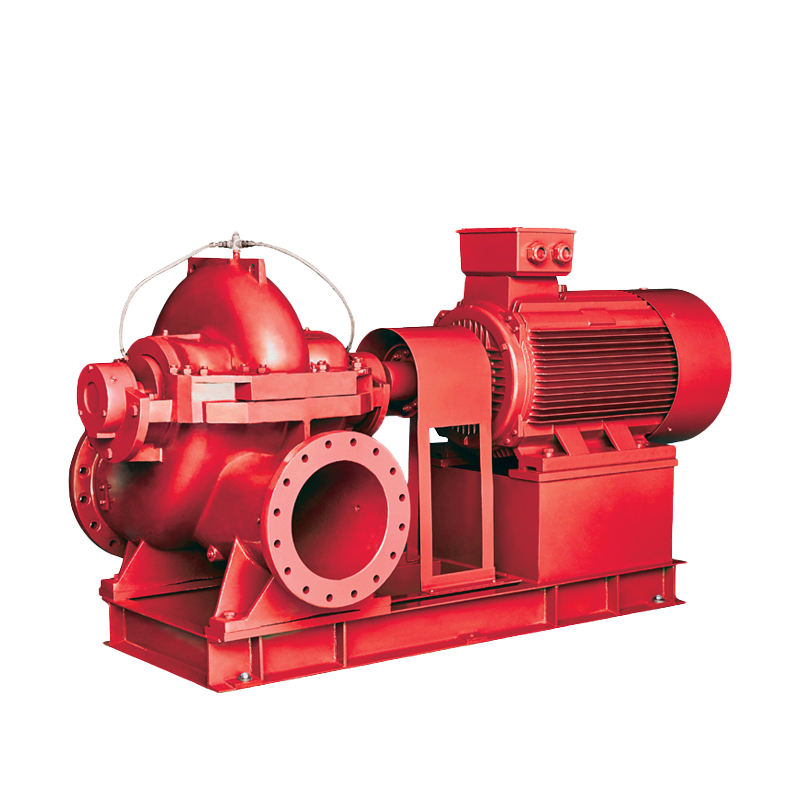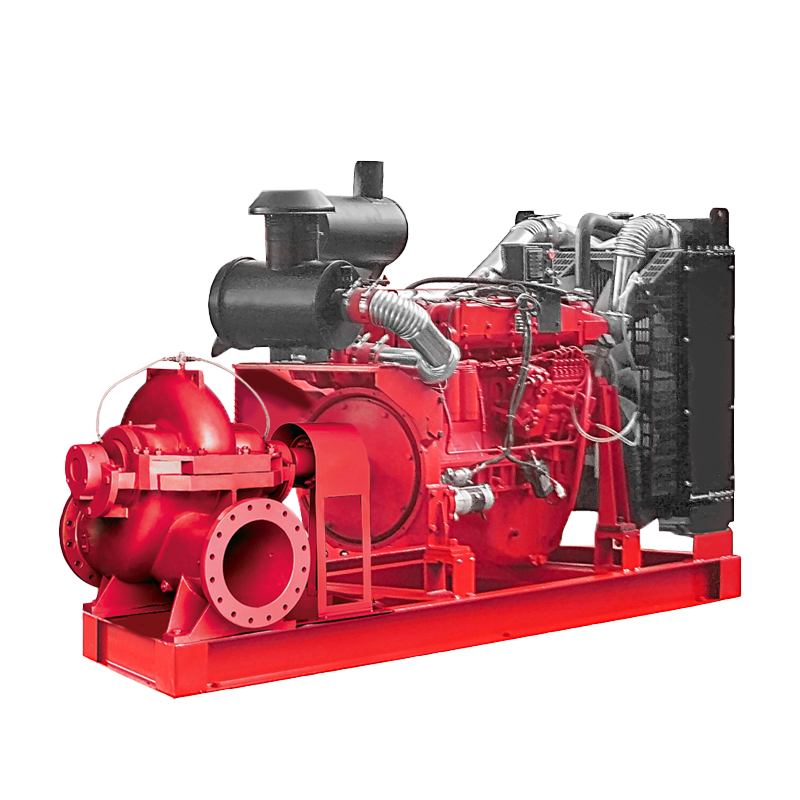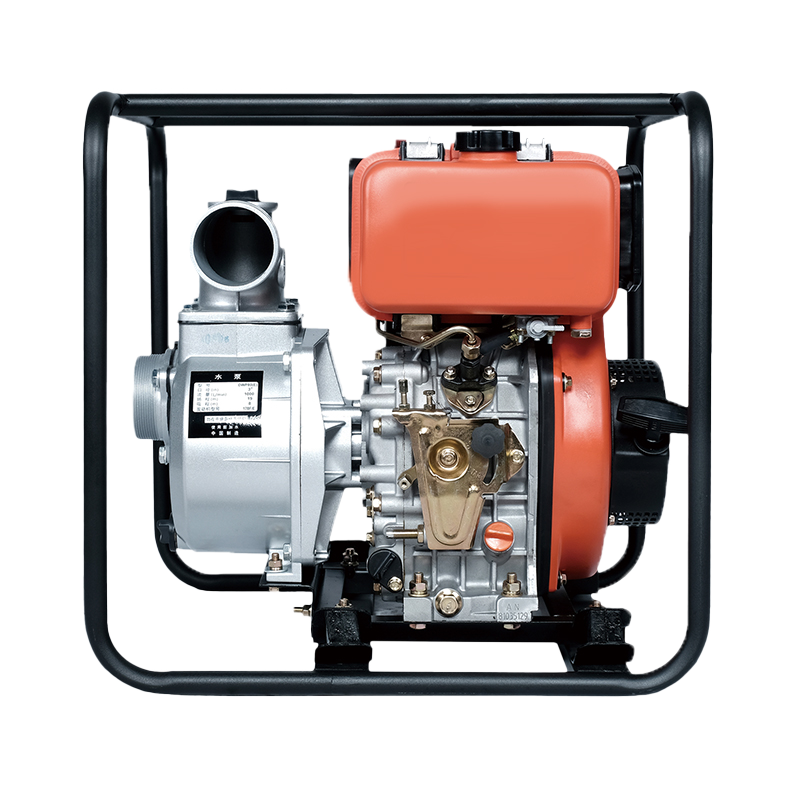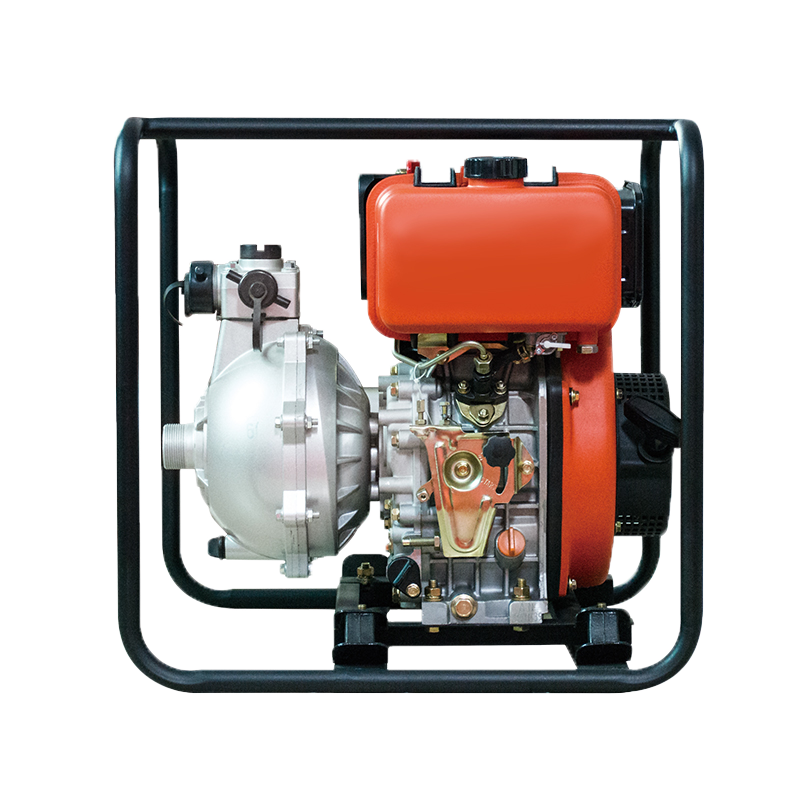Sewage Pump: The Essential Solution for Wastewater Management
A sewage pump is a critical device designed to transfer wastewater and sewage from one location to another. These pumps are primarily used in residential, commercial, and industrial settings to handle raw sewage, wastewater, and other liquids containing solid particles. Reliable and efficient, sewage pumps are essential for maintaining proper sanitation and preventing waterlogging or flooding.
What Is a Sewage Pump?
A sewage pump is a type of pump specifically designed to move wastewater and sewage containing solids from one point to another. These pumps are typically installed in sewage basins or pits and are capable of handling solid particles without clogging.
Sewage pumps are widely used in applications such as residential and commercial drainage systems, wastewater treatment plants, and industrial wastewater management.
Key Features of a Sewage Pump
Sewage pumps are equipped with advanced features to handle the demands of wastewater management:
1. Solids Handling Capability
Designed to pump liquids containing solid particles without clogging.
2. Durable Construction
Made from corrosion-resistant materials like cast iron or stainless steel to withstand harsh environments.
3. Automatic Operation
Equipped with float switches or control panels for automatic activation based on water levels.
4. High-Performance Motor
Features powerful motors to handle large volumes of wastewater efficiently.
5. Non-Clog Impellers
Impellers designed to prevent blockages and ensure smooth operation.
6. Submersible Design
Many sewage pumps are submersible, allowing them to operate directly in the sump or pit.
7. Thermal Protection
Built-in thermal sensors prevent overheating, ensuring long-lasting performance.
8. Versatile Discharge Options
Available with various discharge sizes and configurations to suit different systems.
Applications of Sewage Pumps
Sewage pumps are used across a wide range of industries and environments for effective wastewater management. Common applications include:
1. Residential Use
Removes wastewater from basements, bathrooms, and septic tanks.
2. Commercial Buildings
Handles sewage and wastewater in offices, shopping malls, and hotels.
3. Industrial Use
Pumps wastewater and sludge in factories, refineries, and manufacturing plants.
4. Municipal Sewage Systems
Transfers sewage from residential and commercial areas to treatment plants.
5. Wastewater Treatment Plants
Plays a key role in the treatment and disposal of sewage.
6. Agricultural Use
Handles liquid waste and slurry in farms and irrigation systems.
7. Flood Control
Prevents flooding by quickly removing excess water in flood-prone areas.
8. Construction Sites
Removes water and debris from construction pits and trenches.
The sewage pump is an essential tool for effective wastewater management in residential, commercial, and industrial settings. Its ability to handle solids, durability, and efficiency make it indispensable for sewage and wastewater removal.
When selecting a sewage pump, consider factors such as flow rate, solids-handling capacity, and energy efficiency to ensure it meets your specific needs. With proper maintenance, a sewage pump can provide reliable performance and long-lasting service, keeping your system running smoothly and effectively.
 English
English عربى
عربى
 Fire Pump and System
Fire Pump and System Split Case Pump
Split Case Pump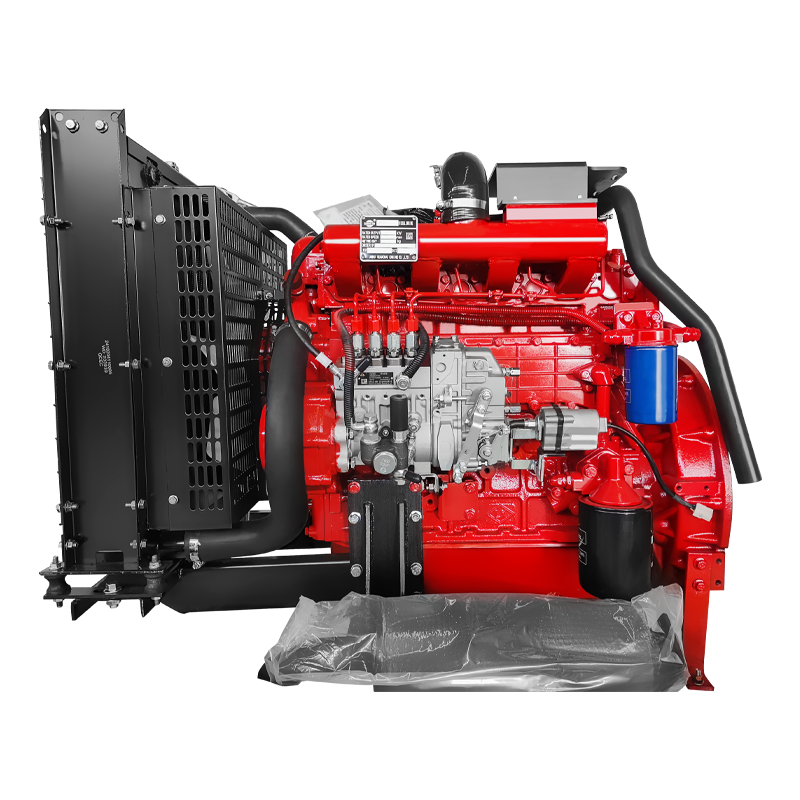 Engine and Pump
Engine and Pump Long Shaft Pump
Long Shaft Pump Multistage pump
Multistage pump Water Supplier System
Water Supplier System Sewage Pump
Sewage Pump Industrial Pump
Industrial Pump Self-Priming Pump
Self-Priming Pump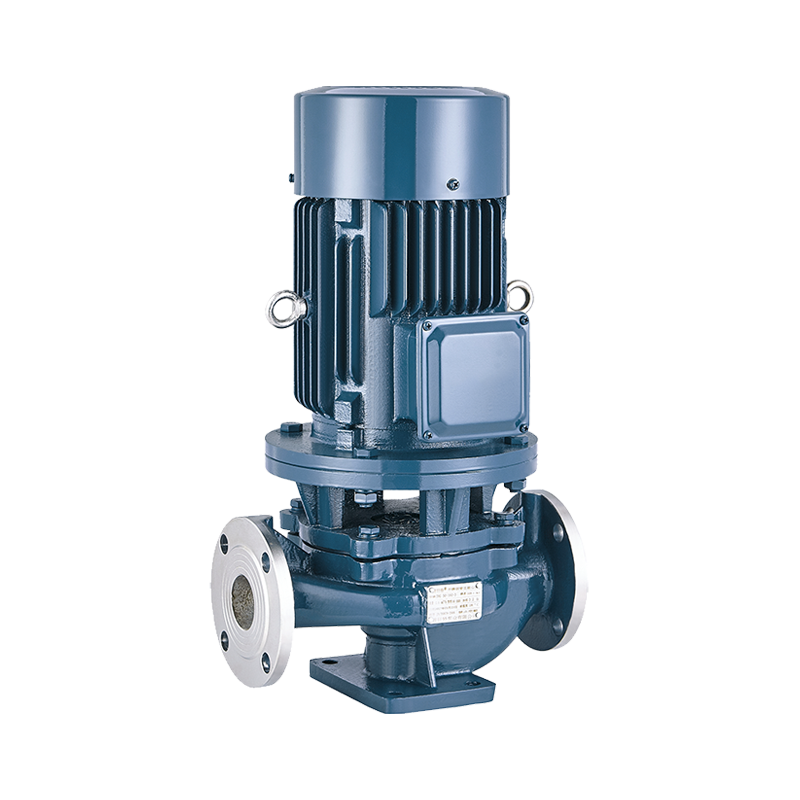 Inline Pump
Inline Pump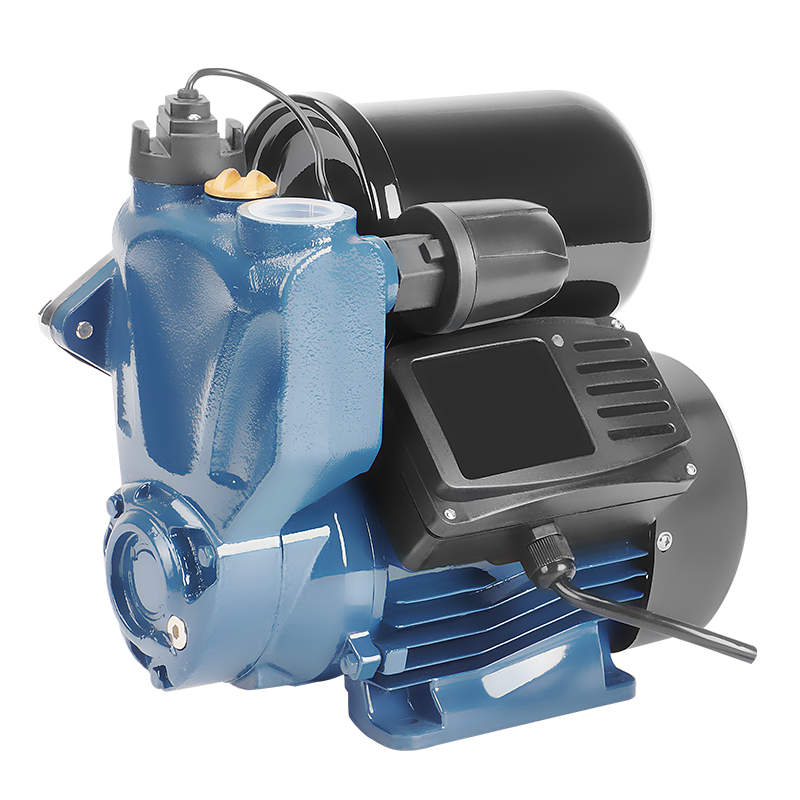 Domestic Pump
Domestic Pump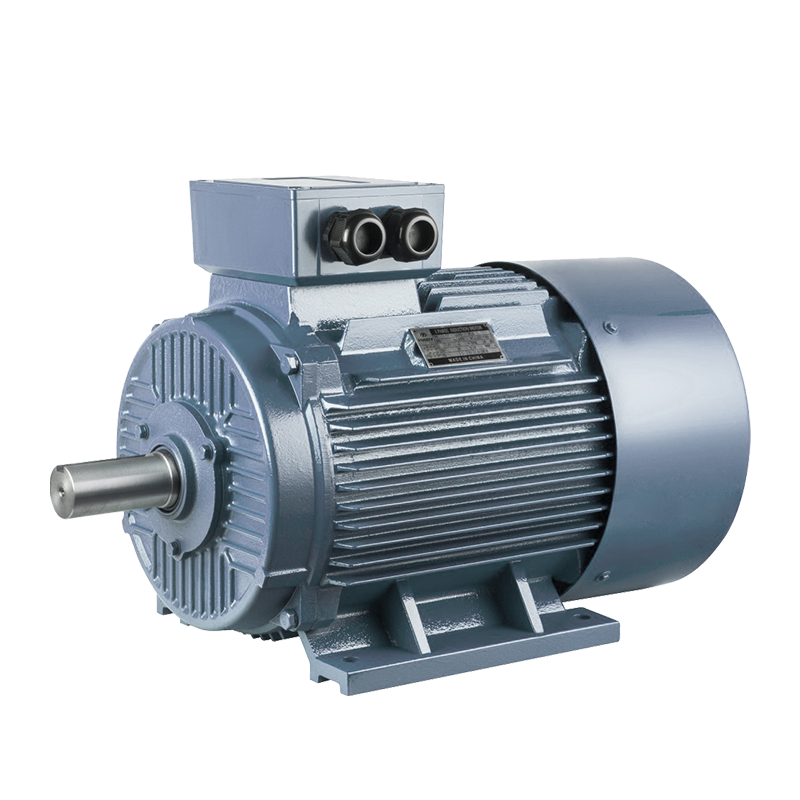 Electric Motor
Electric Motor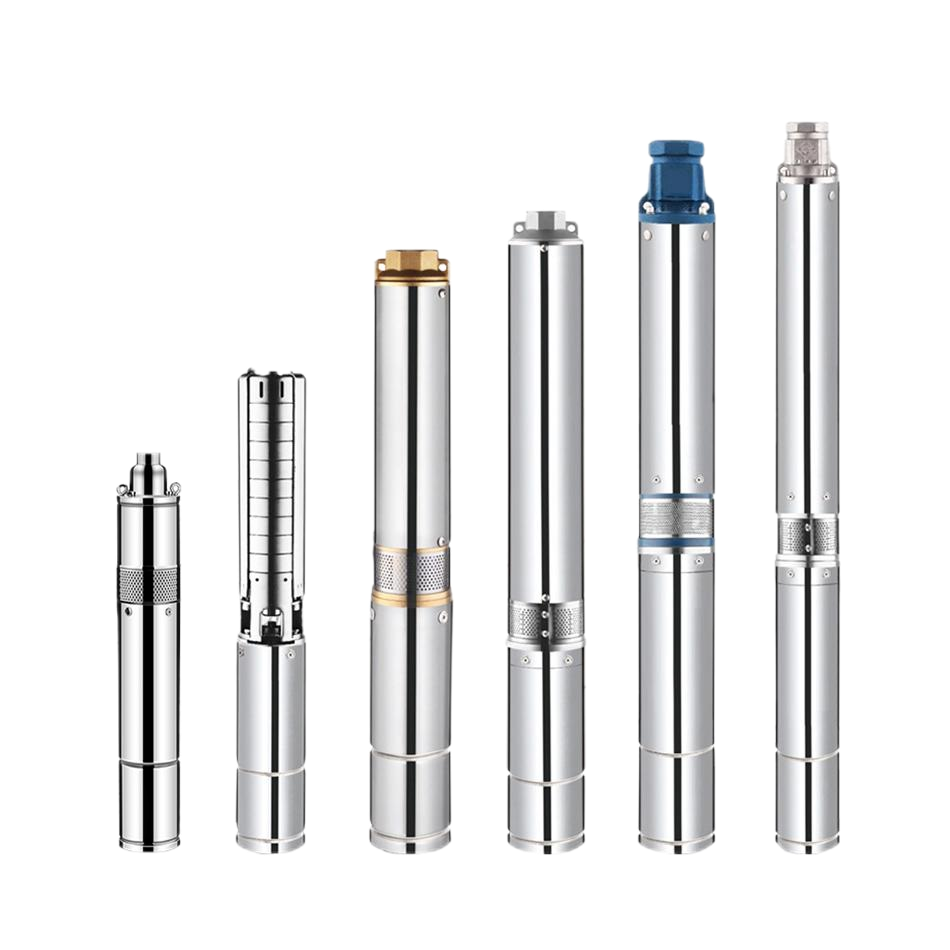 Borehole Pump
Borehole Pump

